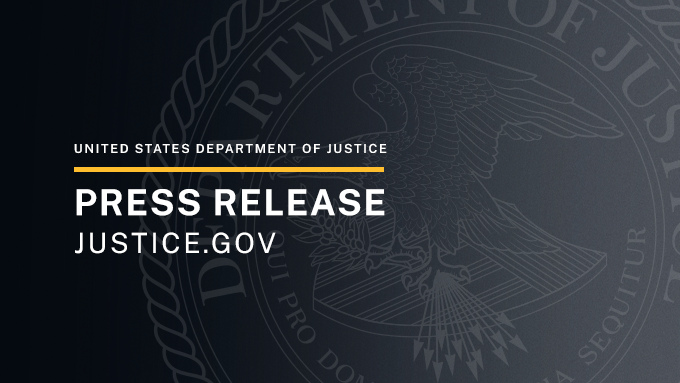In a move that’s caught the attention of both media watchers and free speech advocates, the U.S. Department of Justice has officially weighed in on a high-profile lawsuit involving some of the world’s biggest news outlets—and it all centers around COVID-era content and who gets to control the narrative.
What the Lawsuit Is All About
The case, known as Children’s Health Defense et al. v. Washington Post et al., has been filed in the U.S. District Court for the District of Columbia.
At its core, the lawsuit claims that major media organizations—including The Washington Post, the BBC, the Associated Press, and Reuters—allegedly teamed up to suppress independent voices during the pandemic.
The plaintiffs, who say they were deplatformed for sharing alternative views and opinions related to COVID-19, argue that these big-name outlets colluded not only with each other but also with major tech platforms.
Their claim? That this coordination was an attempt to limit competition and keep mainstream narratives front and center—shutting out dissenting or non-traditional viewpoints.
DOJ Highlights the Importance of Viewpoint Competition
On Thursday, the Justice Department filed a “statement of interest” in the case—not picking sides per se, but making it clear where it stands on the issue of fair competition, especially when it comes to the exchange of ideas.
Assistant Attorney General Abigail Slater of the DOJ’s Antitrust Division didn’t mince words.
“When companies abuse their market power to block out and deplatform independent voices and protect legacy media, they harm competition and threaten the free flow of information,” she said.
Slater emphasized that the DOJ sees this kind of behavior as more than just unfair—it’s potentially illegal under U.S. antitrust law.
“This Antitrust Division will always defend the principle that the antitrust laws protect free markets, including the marketplace of ideas,” she added.
Why the DOJ Is Getting Involved
While the Justice Department isn’t suing anyone directly in this case, it frequently gets involved in federal lawsuits when it believes there’s a bigger issue at stake.
In this instance, the DOJ is essentially telling the court: “Hey, don’t forget that antitrust laws aren’t just about money and markets—they’re also about protecting the diversity of voices in the public square.”
Their statement helps shape how the court might interpret the law, especially when it comes to the intersection of media, tech platforms, and the right to compete in the realm of public discourse.
Where You Can Read More
For those curious, the DOJ Antitrust Division regularly files similar statements and legal briefs to help influence how antitrust law evolves in the U.S.
These documents are all publicly accessible through the Division’s website, offering a glimpse into how the government views competition—not just in business, but in the broader conversation that shapes public life.
